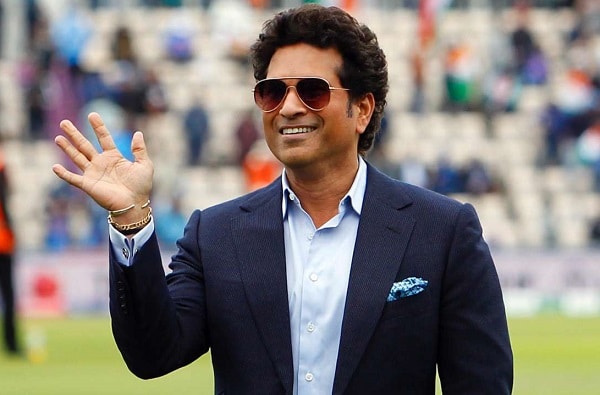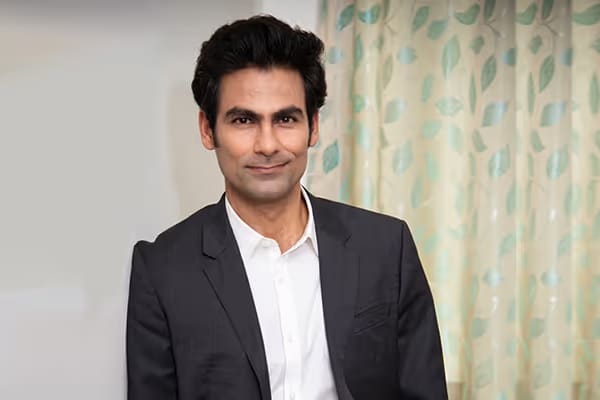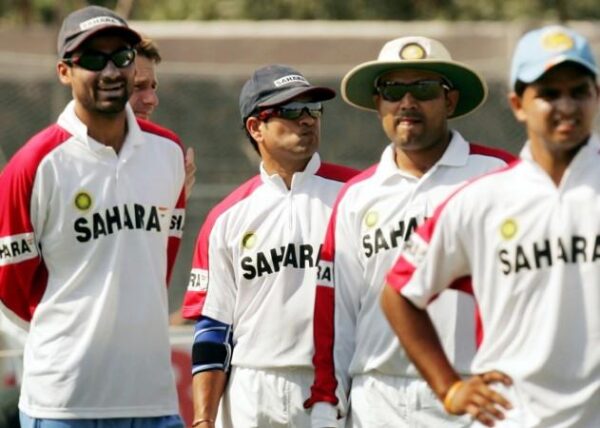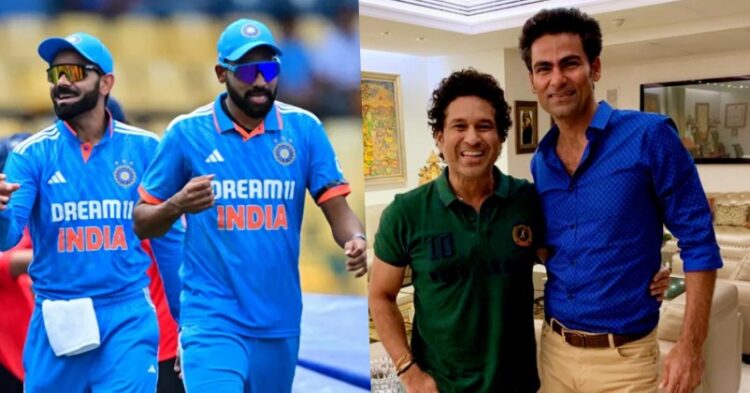Sachin Tendulkar has always been more than just a cricketer. Known for his humility and discipline, he carried himself in a way that inspired teammates and fans alike. Beyond his records and batting brilliance, Sachin Tendulkar symbolised unity, often putting the team above himself. This sense of togetherness is what Mohammad Kaif recalled while speaking about the evolving culture of Indian cricket.

While speaking on a talk show, Kaif shared how his generation of players functioned like a family. They spent long hours together, both during practice and away from the field, creating an atmosphere of brotherhood. He emphasised that this closeness played a huge role in shaping the character of the team.
Mohammad Kaif narrated an incident that revealed Sachin Tendulkar’s approach to team bonding. No matter how big a star he was, Sachin would wait for every player to finish practice before leaving. According to Kaif, the rule in their time was simple: no one walked out alone. This small gesture of waiting sent a powerful message of unity, reminding younger players that everyone was in it together.

Comparing it to the present, Kaif observed that professionalism has changed the dynamics. Players today often wrap up their sessions and immediately head back to their hotel rooms, spending time on their devices, watching movies or playing games. Cars are arranged individually for players, allowing them to leave separately after practice. While this reflects efficiency and focus, it also reduces the kind of bonding his generation once enjoyed.
The importance of cohesion was recently highlighted when the BCCI introduced a directive emphasising “team unity” after India’s series loss to Australia. The board made it mandatory for players to travel together for matches and training, discouraging separate plans with families, as discipline and camaraderie were seen as essential for success.

Mohammad Kaif also pointed out the differences in scheduling between eras. In his time, the calendar was lighter, with fewer international matches. He recalled playing the NatWest Trophy final in July, only to feature in the next one-day international three months later during the Champions Trophy. The long gaps allowed conditioning camps and time to strengthen fitness, while also creating space for friendships to grow.
In contrast, today’s cricketers play non-stop cricket. Constant travel and back-to-back fixtures have made fitness and recovery central to the modern game. Players now travel with physiotherapists, doctors, personal trainers, and even chefs to manage the physical toll. While this professional approach ensures high performance, Kaif stressed that the spirit of togetherness, once championed by icons like Sachin Tendulkar, was equally important in building resilient teams.




